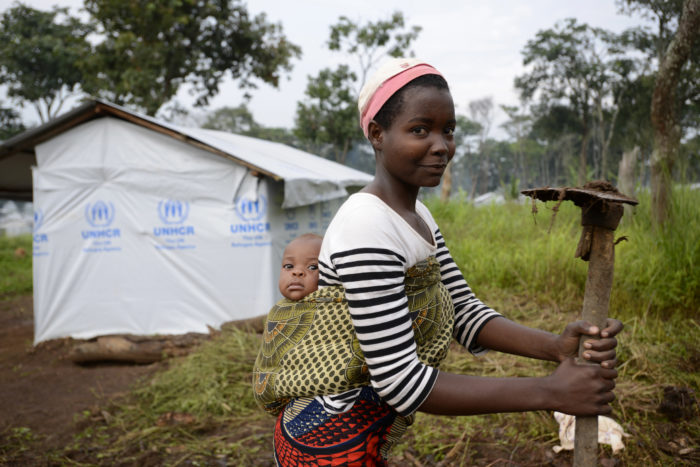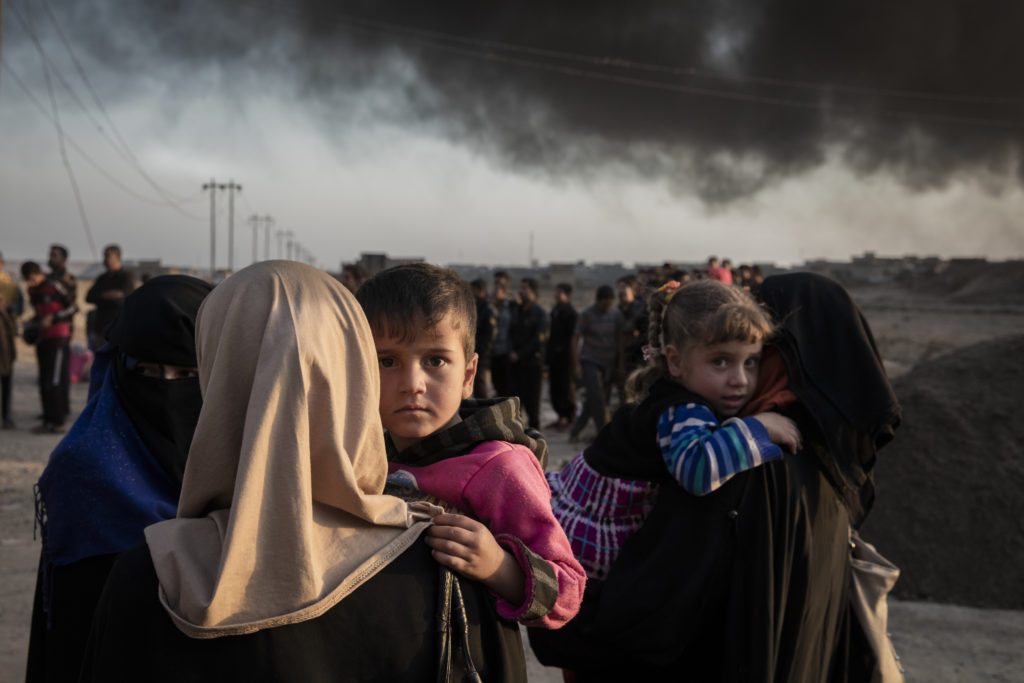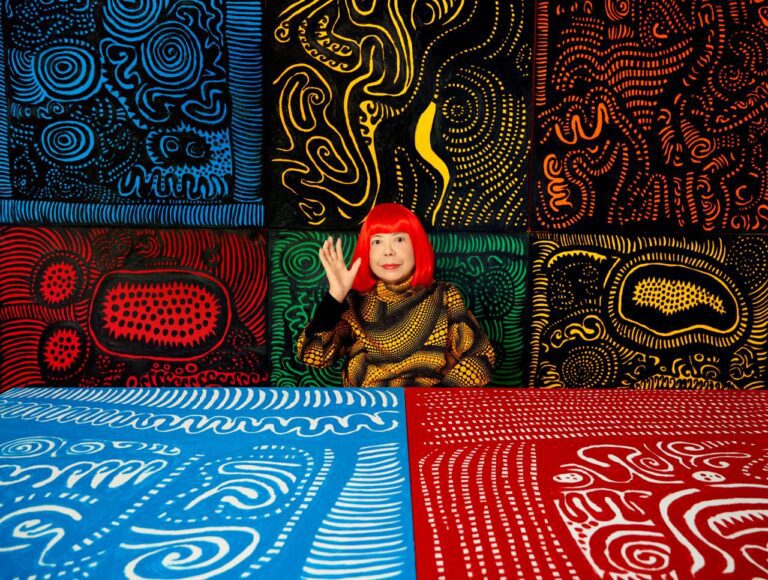By the end of 2016, 65.6 million individuals were forcibly displaced worldwide as a result of persecution, conflict, violence or human rights violations. That is an increase of 300,000 people from the previous year, and is the highest level since records began.
Within that figure, 10.3 million have been newly displaced by conflict or persecution. This includes 6.9 million individuals displaced within the borders of their own country.
To drive this point home, these figures relate to 20 people being forced to flee their homes every minute of 2016. Meanwhile, children below 18 years of age make up about half of the refugee population. 75, 000 unaccompanied children lodged an application for asylum throughout the year; as children are often separated from their families during conflict or sent ahead as it is considered to be safer.
While the issues of refugees and asylum seekers become increasingly politicised in many Western countries, it should be noted that developing regions host 84 per cent of the global refuge population, or roughly 14.5 million people. 2000 refugees cross the border from South Sudan to Uganda on average every day. Meanwhile in the Middle East, Lebanon continues to host the largest number of refugees relative to its national population.
By contrast, the world’s top five richest nations only take in 5 per cent of the world’s refugees.

Faced with these figures, one can be left feeling very small and overwhelmed at trying to consider how we face such an enormous crisis. However, it is because of these figures that the world must now, more than ever, unite in finding a solution. “For a world in conflict, what is needed is determination and courage, not fear,” says the UN High Commissioner for Refugees, Filippo Grandi.
Through the UN Refugee Agency, UNHCR and their regional branch, Australia for UNHCR, a lot of work is underway in trying to help those forcibly displaced. In addition to providing international protection, finding durable solutions that enable displaced people to rebuild their lives and live in dignity and peace is a core part of UNHCR’s work and mandate.
On 19 September 2016, UN Member States adopted the “New York Declaration for Refugees and Migrants,” committing to develop a comprehensive refugee response framework for emergencies and protracted situations of forced displacement.
Locally, Australia for UNHCR is working with teams around the world to provide support, education and tangible solutions for displaced people. To find out more about their work and how you can help, visit their website here







